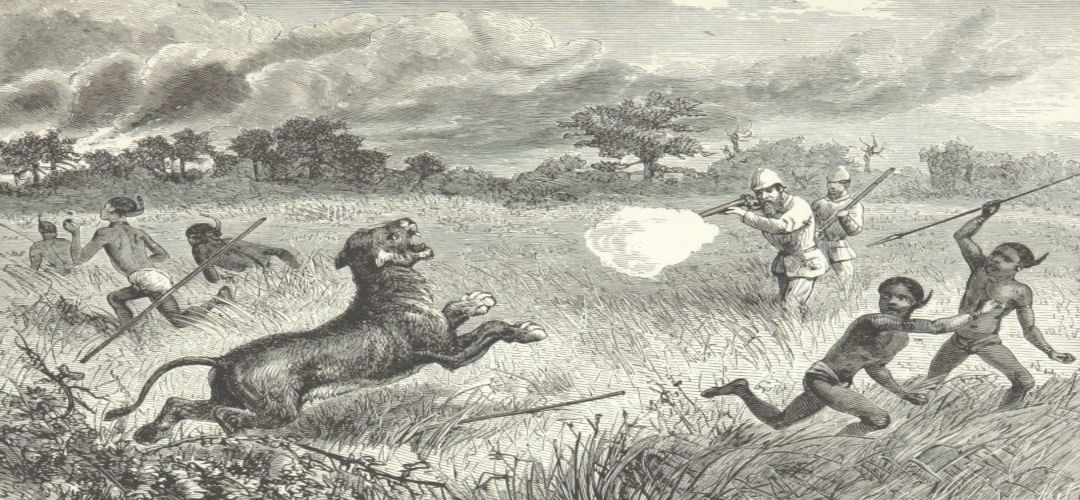How Trump’s legal battles could shape the 2024 Presidential Election.
The world was stirred by the breaking news of the Supreme Court convicting Donald Trump on 34 charges of falsifying business records. History of some sort has been created with Mr Trump having the dubious distinction of becoming the first, among sitting and former presidents, to be formally declared a felon!
Mr Trump, leading in most polls, dismissed the conviction, calling it “election interference.”
This historical criminal conviction puts Mr Trump in the spotlight ahead of the United States presidential elections on November 5.
Background
The case centres around allegations that Mr Trump’s former lawyer, Michael Cohen, was authorised by the ex-president to pay ‘hush money’ ($130,000) to Ms Stormy Daniels, a former adult actress, in connection with an alleged sexual encounter. Clearly, such a revelation would not have done much good to Mr Trump’s 2016 election campaign. Apparently, the sum in question was listed in accounts as a ‘legal fee’ for Mr Cohen.
From a legal perspective, falsifying business records counts as a misdemeanour. However, if it is committed in furtherance of another crime, it becomes a felony in the eyes of the U.S. justice system. This could be further extrapolated as transgressing the election procedure, thereby amounting to election fraud.
It was the Cohen factor that ultimately contributed to Mr. Trump’s conviction. He not only aired out the former president’s dirty laundry but also revealed to the jurors his ‘catch and kill scheme’ with the publishers of the National Enquirer. The publishing house bought the rights to potentially damaging stories for an undisclosed amount but never published them. Michael Cohen was in line with the title of his very first book, ‘Disloyal’, as a few Trump supporters would like to describe him.
Legally, Mr Trump, as a convicted felon, remains eligible for not only contesting but also potentially holding office at the White House. There are not many eligibility requirements that the American Constitution imposes on presidential candidates. They must be at least 35 years old, be “natural born” citizens, and must have lived in the United States for at least 14 years. There are no prerequisites mentioned based on character or criminal records.
Mr Trump could heave a sigh of relief as the Supreme Court unanimously ruled that states would be barred from prohibiting the former president from running under the 14th Amendment of the U.S. Constitution. Section 3 of this Amendment disqualifies individuals “engaged in insurrection or rebellion” after taking an oath to support the Constitution. Fortunately for Mr. Trump, the 14th Amendment is separate from criminal cases and does not, therefore, impact his candidacy.
While state laws might prohibit malefactors from running local or state elections, these provisions do not extend to federal elections. As for the right to vote, it lies at the disposal of specific state laws and their provisions regarding felons’ voting rights. With his primary residency in Florida, the state laws grant felons the right to vote contingent on the voting rights of the state in which the individual was convicted; in this case, New York, Empire City is just one of the 23 states where offenders can still vote despite being on parole or probation.
In the event of an incarceration, things take a slight turn when it comes to Trump’s voting rights. Both in Florida and New York, prisoners forego their right to vote. This leaves Trump in a sticky situation where he is deemed fit to be voted for but not fit to vote.

Analysis
Analysts have attempted to draw parallels between the recent hush money case and Bill Clinton’s settlement with Paula Jones. The latter case dealt with the ‘abhorrent’ sexual advances made while she was an Arkansas state employee by Governor Clinton. The then-president entered into a settlement with Jones by agreeing to pay her $850,000 to drop the sexual harassment lawsuit. While Trump’s case was labelled a criminal offence since he tried to sway the election procedure, Clinton’s case was a civil dispute. “A settlement is not the same as a hush money payment,” said Neama Rahmani, a former federal prosecutor and West Coast Trial Lawyers president.
The impact of this conviction on the November 5 elections is still debatable. However, a lack of precedent in such a case makes it difficult to map out the implications of the hush money trial on public opinion. Arguments exist for and against the probability of Trump becoming the 47th president.
Although he is in a ‘statistical dead heat’ with Biden, a slight edge in some key swing states like Pennsylvania, Michigan, and Wisconsin, among others, would ultimately be the deciding factor. In the exit polls conducted during the Republican primaries, a double-digit number of voters maintained that they would back out of supporting Trump if he were to be convicted. In another survey by ABS News, nearly 16 per cent of Trump supporters would reconsider their decision.
There is hope amongst Trump supporters that the trial will increase their support for Mr Trump. As per the BBC (31 May 24), a claim that is finding favour amongst many die-hard supporters is that “foul play and corruption influenced the guilty verdict.” In fact, an avalanche of posts threatened a ‘civil war.’
The other side of the spectrum argues that voters might feel less strongly about this trial by November because it relates to events that took place a considerable amount of time ago. Inflation, the southern border, and competition with Russia and China are some issues swarming their minds.
Having been a central figure in American politics, public opinion about Trump solidified years ago, demonstrating little change, even as certain events deemed ‘game changers’ took place. Moreover, there is also the opinion that a voter’s choice is ‘calcified’ by partisan polarisation, growing detached from the principles of public policy and economic progress.
It is one of the most abstract paradoxes. Despite having been accused of sexual transgressions and assault, his popularity among evangelical Christian conservatives seems to remain undiminished.
Assessment
- The conviction has raised the temperature in an already tense political climate. The durability of the American democracy will be tested like never before over the next few months.
- The verdict seems poised to play into the narratives of both the contending sides ahead of the November 5 political race. While Trump’s campaign poses him a victim of political persecution by the democratic administration, Joe Biden’s party warns the voters of the prospect of Trump being jailed mid-term if elected.
- The main question remains: Can Trump himself maintain? Courts have now undermined his psyche’s historic pillars: his money (half a billion for defamation) and his business organisation. Now, they threaten his freedom.




